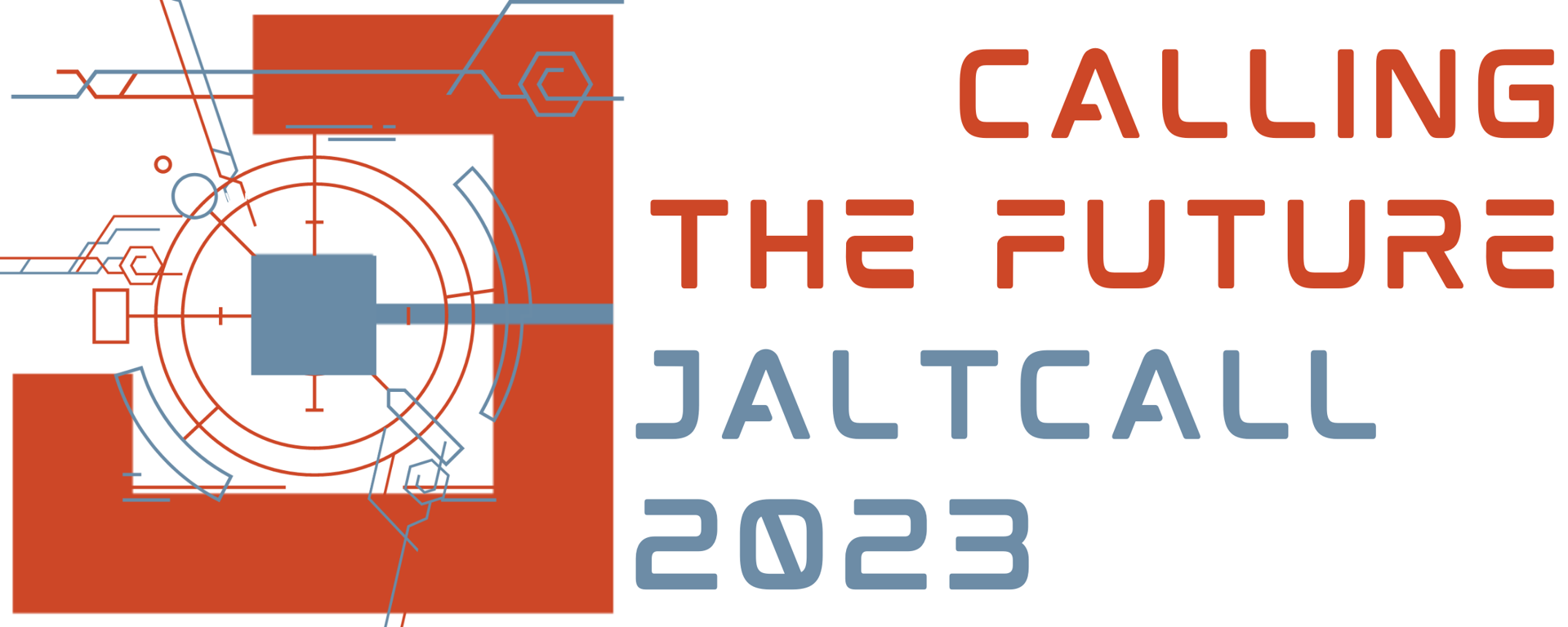2023-06-03, 15:00–15:30 (Asia/Tokyo), E1
Language: English
For the 21st century teacher, digital authoring tools, such as H5P and Moodle, are an increasingly viable means of creating learning content. Evaluation of such tools is an important way of generating evidence to inform course design. Despite there being extensive literature on evaluation frameworks for learning materials and e-learning systems, there is a lack of research on frameworks that combine features of learning materials and e-learning evaluations. Such an approach would allow evaluation to include both learning and functionality from the perspectives of both learners and teachers. The proposed presentation will discuss the creation and use of a framework to evaluate digital learning materials created using both H5P and Moodle to develop speaking in an EFL course for low-proficiency learners at a Japanese university. It will show how the framework allows teachers to evaluate a tool in relation to learning, such as input and interaction types, and non-learning aspects, such as usability, functionality, accessibility, and analytics. Description of the refinement of the framework through its use will show attendees how to approach a context-specific evaluation of an authoring tool, and how this evaluation can help teachers create learning materials best suited to their needs.
This presentation discusses the evaluation of H5P and Moodle using a framework that considers learning and non-learning aspects to help teachers create learning materials best suited to their needs.

